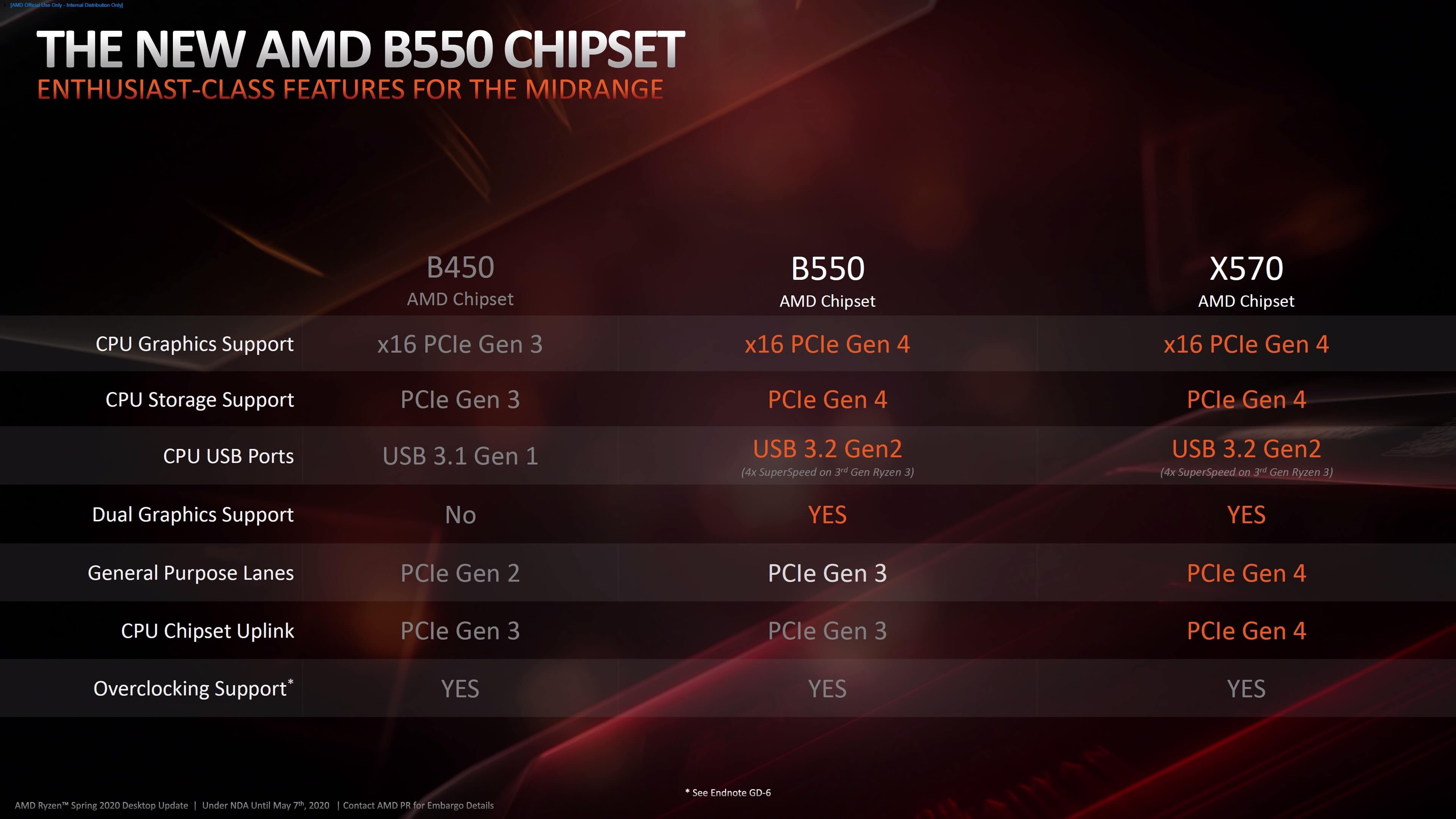Why it matters: AMD on Thursday confirmed that its next-gen AMD Ryzen desktop processors, which will utilize the Zen 3 architecture, will indeed be compatible with AMD X570 and B550 motherboards. That's great news as enthusiasts have a viable upgrade path that doesn't involve purchasing additional core hardware just to get a CPU upgrade.

The affirmation came courtesy of a revised roadmap which now illustrates support for Zen 3 on the aforementioned chipsets. In announcing the compatibility, AMD said that a BIOS update would be needed but that’s a small hurdle to overcome in exchange for not having to buy a new motherboard.

AMD’s X570 chipset has been around since last summer. The B550, meanwhile, was officially introduced last month alongside two new Ryzen 3 desktop chips – The Ryzen 3 3100 and the Ryzen 3 3300X. Those two processors are slated to land on May 21 priced at $99 and $120, respectively.
All of that said, AMD noted that it has no plans to introduce Zen 3 architecture support for older (X pre-500 Series) chipsets. The company said it wishes it could enable full support for every processor on every chipset but flash memory chips that store BIOS settings have capacity limitations.

Given these limitations and the unprecedented longevity of the AM4 socket (it’s been around since late 2016), AMD said there will inevitably be a time when they have to make a transition and the 500 Series chipset is that time.
Update: As pointed out by many readers in the comments, this is only AMD's official support list which is guaranteed. It's entirely possible motherboard manufacturers will expand upon this, by offering Zen 3 support in existing AMD X470 and B450 motherboards, for example.
This was the case when a multitude of X370 motherboards received Ryzen 3000 support via BIOS updates, although it's still not officially supported by AMD. We'll know when we know, but it's important to keep this in mind.
https://www.techspot.com/news/85144-amd-next-gen-zen-3-compatible-amd-b550.html